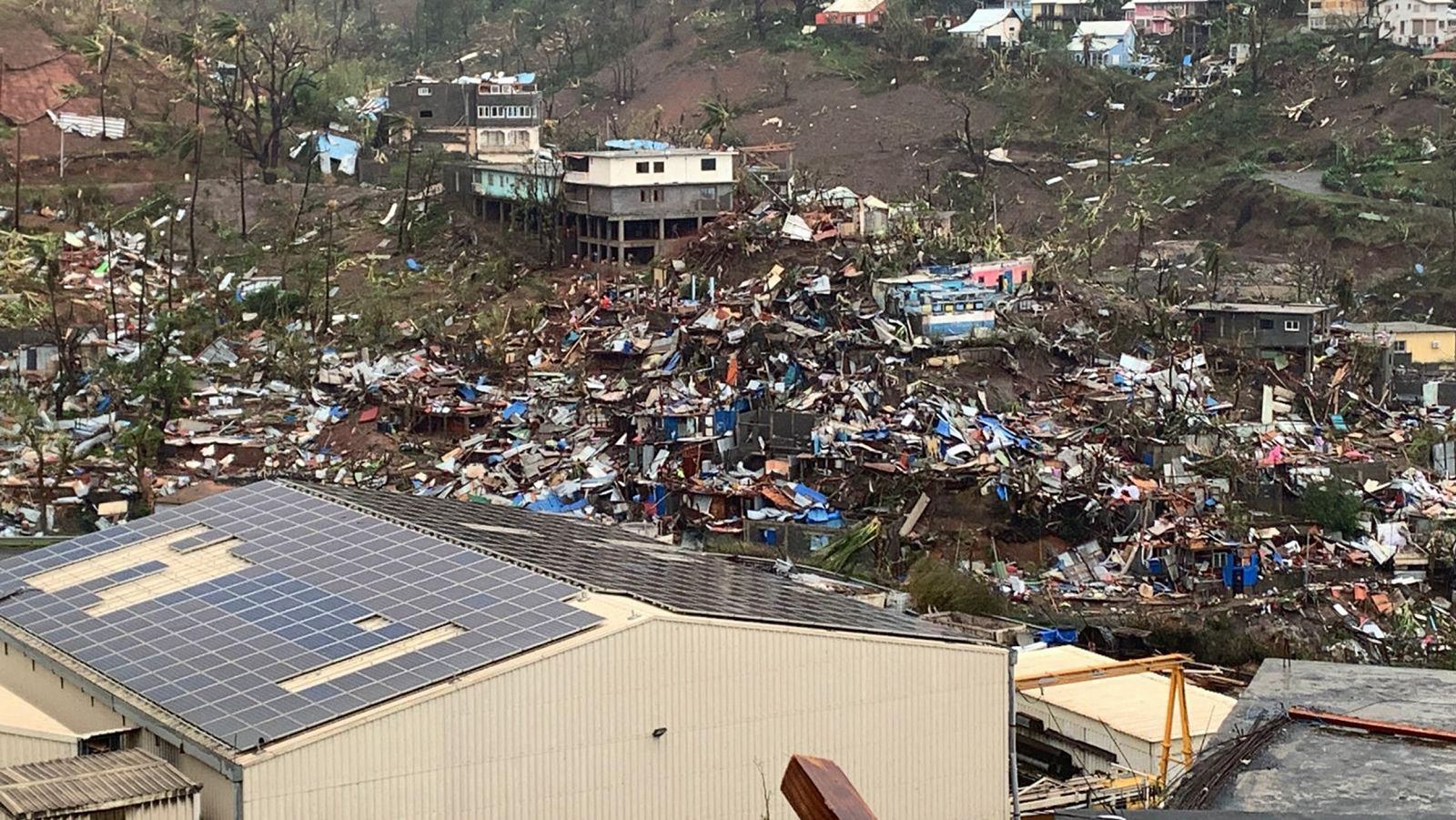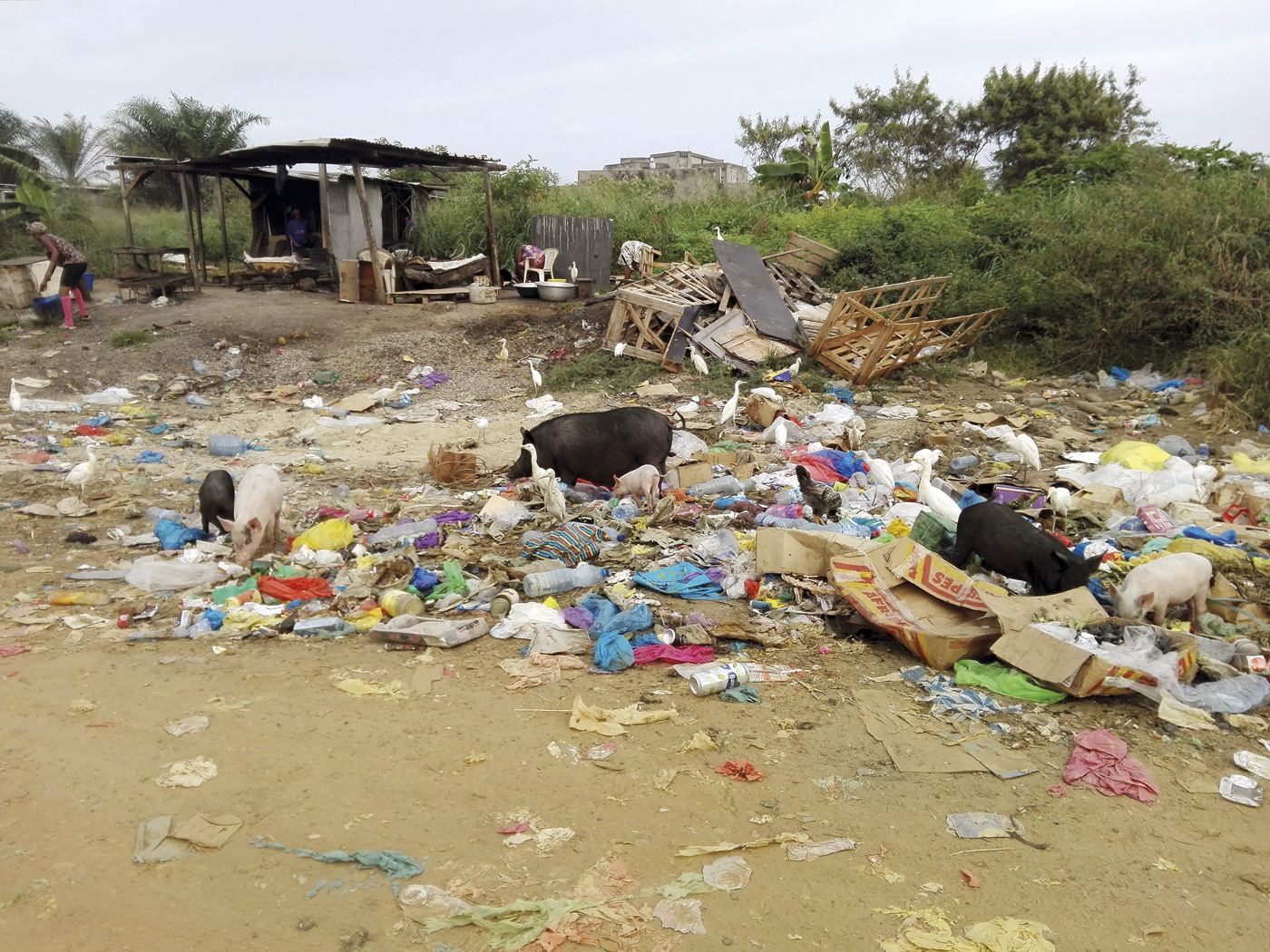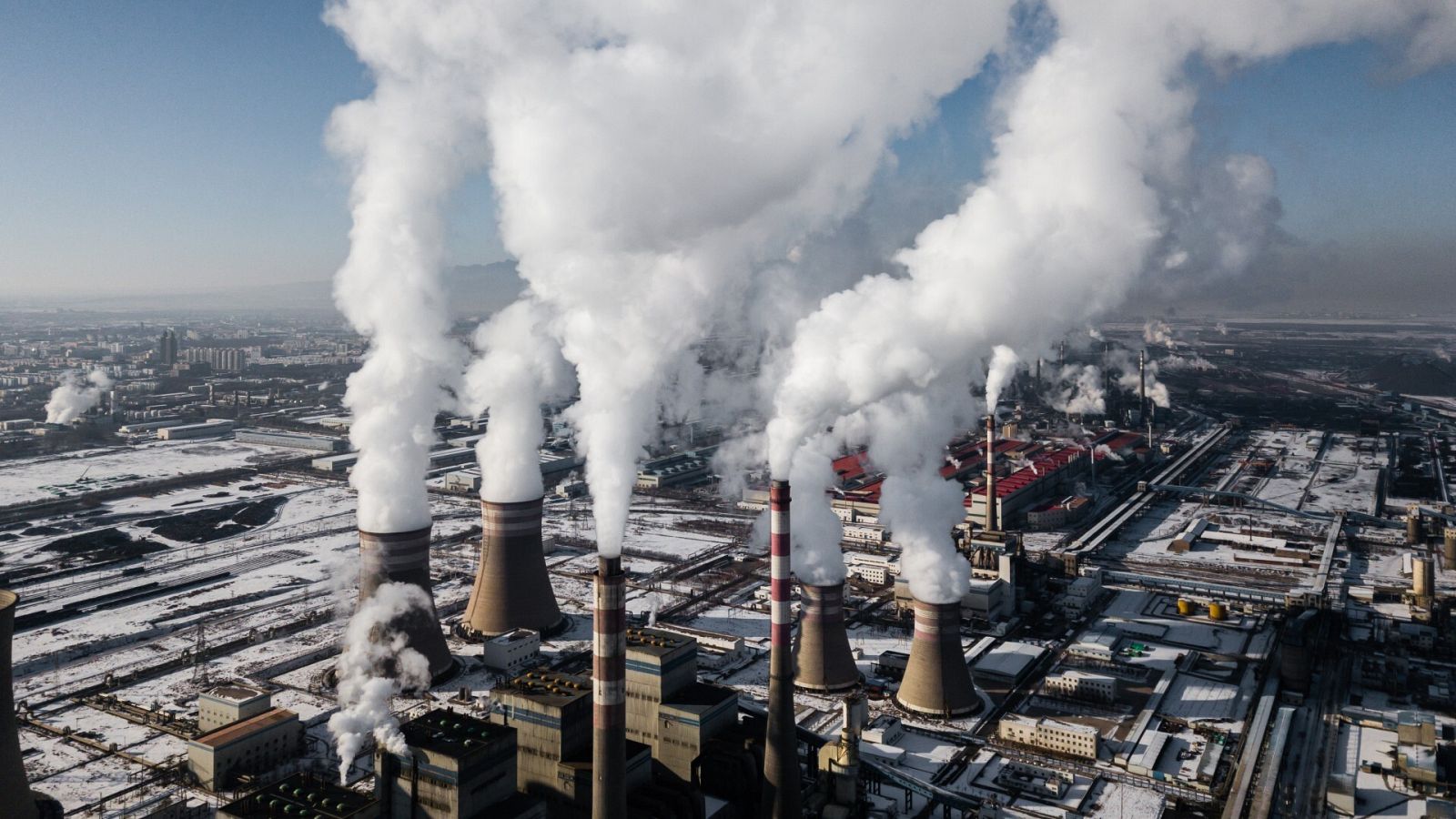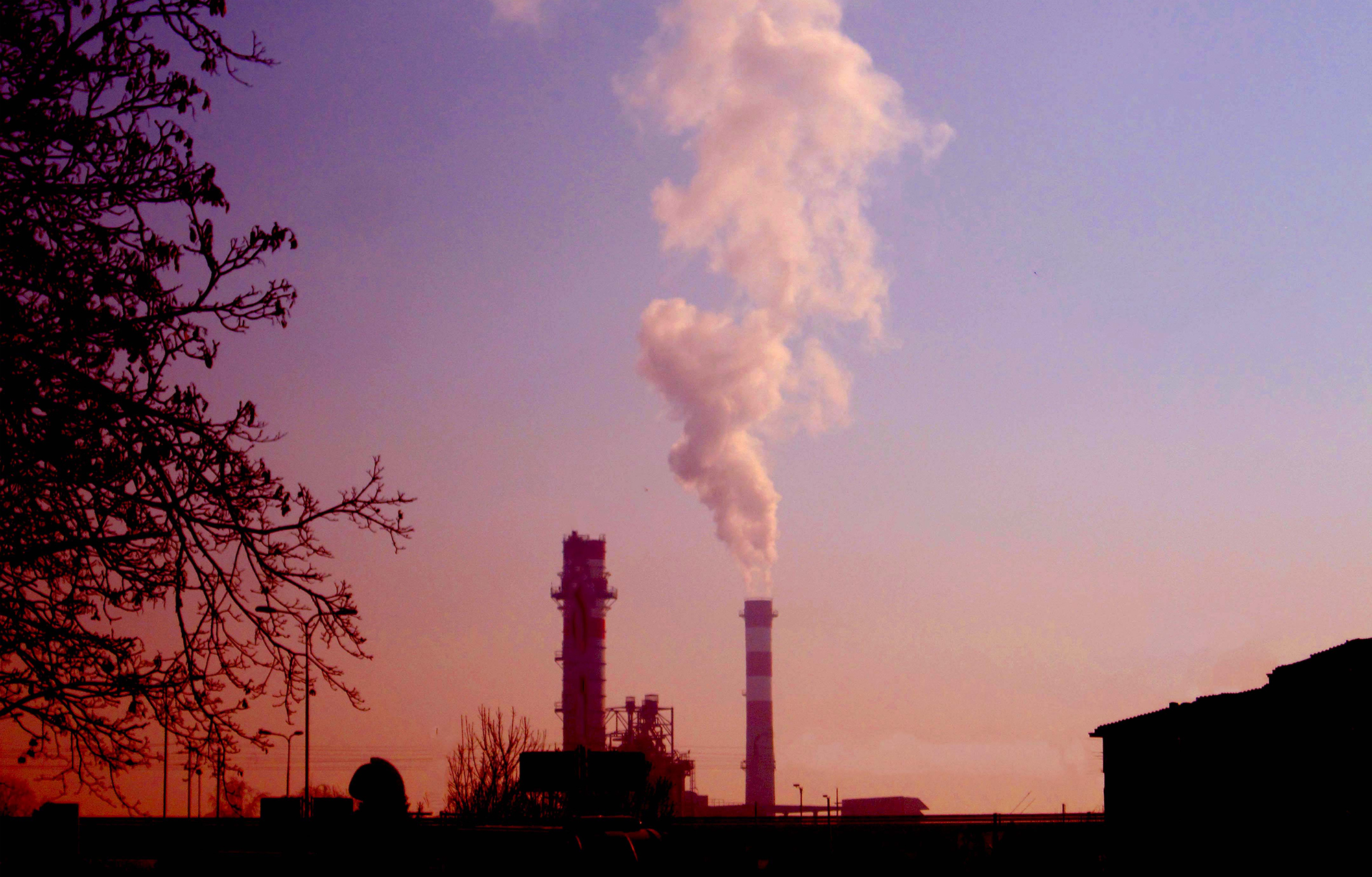COP27 highlights the lack of climate management models and the strength of economic legislation
- The last COP27 summit in Egypt this year has yielded a bittersweet outcome: the creation of a fund to compensate for the losses and damage of the states most vulnerable to climate change. Despite the historic victory, this fund remains a weak mechanism with many undetermined components. This weakness is to blame for the negotiations based on the States and shows us the lack of models for governing the climate, which is the good of mankind.
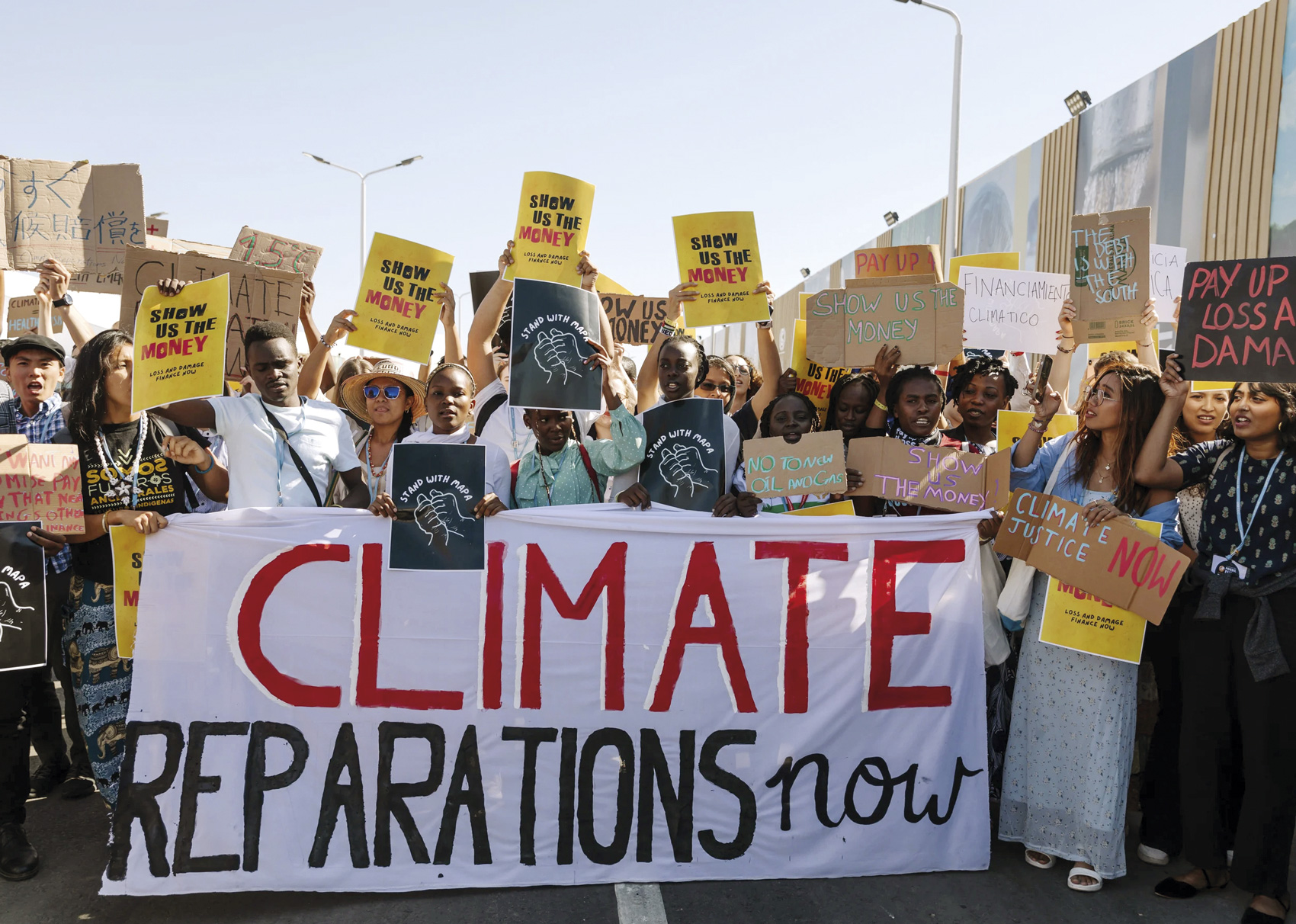
The 27th UN Conference on Climate Change (COP27) ends on 20 November. For the first time this year, a fund has been agreed to compensate for the losses and damage of the most vulnerable countries to climate change, albeit with many limitations. On the one hand it is an important victory, as it was not mentioned on the initial agenda of this COP, and it is the concrete result of the 30-year efforts of the most vulnerable countries and climate activists. On the other hand, this fund is still unable to solve anything, and it leaves many concrete questions unanswered: What will be the funding? Who will the donors be legally? What will be the conditions and regulations for obtaining funding? Each little defined element poses a risk of setback. However, even if it is one more step, for the first time the official recognition by the UN of the situation of the most vulnerable states and of the countries with the most greenhouse gas emissions (GHG) is a significant step.
States, inadequate actors to deal with the problem
As the economist Maxime Combes pointed out, because of its legal structure, these conferences cannot impose measures on States. All decisions are voluntary, and if concrete results are not achieved, or if there is no plan for results, they are not sanctioned so far. In addition, the Paris agreement (signed at COP21 2015) was aimed at creating emulation between states, a competition to achieve the objectives more quickly. But it did not provide for mechanisms to correct a situation in which a number of States would not achieve the overall objective. Moreover, today we are seeing the opposite of that wager, because there are too many states to each slower. We are thus losing the possibility of limiting warming to two degrees, threatening hundreds of millions of lives. Furthermore, these conferences do not have the capacity to boost the energy transition, so fossil fuels are not mentioned in the conventions, although at times UN Secretary-General António Guterres has explicitly pointed out the gravity of the problem.
Amy Dahan, CNRS researcher and expert on climate governance, underlines that the World Trade Organization (WTO) and other bilateral agreements apply coercive rules to signatory states to protect the globalised economy. In other words, over the past 30 years, international trade and investment rights prevail over the climate emergency. Dahan calls this situation the “ciisma of reality”: on the one hand, the inexorable UN government in relation to the climate, in which all control, lifting or verification mechanisms are paralysed, on the other hand, and outside that government, the economic competition of large states and companies capable of adapting the international legal framework. The consequences are the slowdown in climate negotiations and the worsening of climate change.
Europe’s contradictions
Europe’s delay in implementing the energy transition has made dependence on Russian fossil fuels brute in February this year. The European States have acted with haste in the reopening of central coals or in the construction of port infrastructure and interconnections for gas transport through contracts with other suppliers (Algeria, USA, Azerbaijan...). In this situation, Combes regrets Europe’s credibility when, for example, it advises African states not to invest in gas infrastructure. The aim of promoting a determined policy of energy moderation in the face of dependence on fossil fuels in Europe makes us waste a long time in the fight against climate change. In Dahan’s view, the idea of Europe as a global climate leader must be reconciled with the concept of a new economy that takes account of the planet’s borders, which can no longer function with the economic model established in the 1990s. To overcome the “cyisma of reality”, trade agreements must impose strict climate rules.
Solutions outside the COP
In the United States, the ideological cradle of globalization, the Inflation Reduction Act, promoted by Joe Bidene, will promote industrial sectors that recognize production. This is explicitly contrary to WTO rules and until recently it was unimaginable. Another significant example is the intention expressed in recent weeks by the Netherlands, France, Germany, Spain, Slovenia and Poland to leave the Energy Charter Convention. The charter aims to support foreign investment since 1998, in particular by hampering climate policies. Two significant examples were the Netherlands and Italy, which intended to close central coals and ban oil exploration in deep water. Today, for the first time, these departures from the Energy Charter Convention recognise that a regulation created in favour of globalisation is incompatible with climate protection. We have an important precedent for two consequences: the exit of fossil fuels will not be decided in the COPs; and if the energy transition is to be promoted at global level, the international economic and political rules must be radically changed. To this end, local initiatives will be fundamental in the opinion of Dahan: each state, each region and every municipality must implement policies of ecological transformation that will influence the global balance of economic relations of strength.
The understanding and interpretation of the mathematical language is what is important in the learning process, at least it is what we say to our students. The language of mathematics is universal, and in general, the margin of error for interpretation tends to be small. We... [+]
Recently, when asked what the climate emergency consisted of, a scientist gave the excellent answer: “Look, the climate emergency is this, you increasingly see on your mobile more videos related to extreme weather events, and when you realize, it’s you who are recording one... [+]
In recent weeks it has not been possible for those of us who work in architecture that the climate phenomenon of Valencia has not been translated into our work discourse. Because we need to think about and design the path of water in decks, sewers, plazas and building parks. We... [+]












